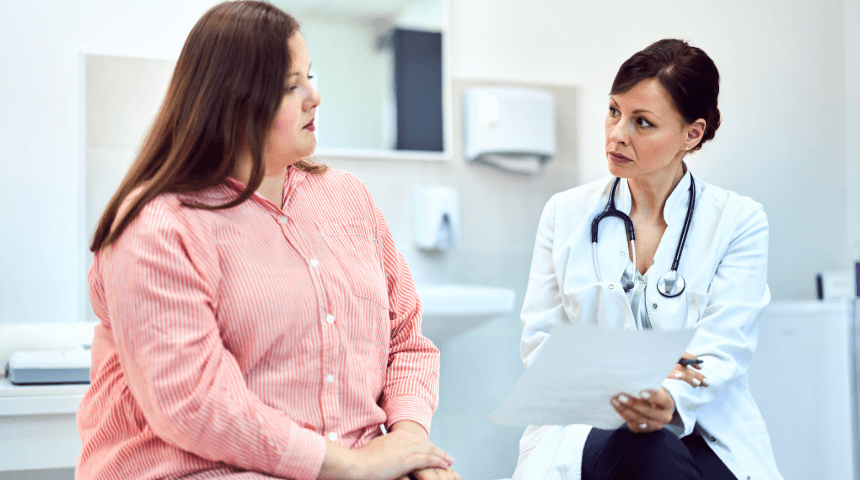Rebuilding Body Image After Cancer
Your body image changes frequently throughout your life. For cancer patients, this can be particularly difficult to manage as cancer can quickly and dramatically change the way their body looks and functions.
Certain cancers require treatment options that may result in temporary or permanent physical changes. Some of these changes include:
● Hair loss due to chemotherapy, radiation or as a side effect of other drugs
● Incontinence, particularly if you’ve had your prostate or bladder removed for treatment
● Sudden weight gain or loss, which can be caused by steroids given during treatment, or lack of appetite or dehydration throughout treatment
● Surgery scars of varying sizes and placements
● Sexual complications such as infertility, erectile dysfunction and loss of interest in sex or painful intercourse
● Amputation, including mastectomies or other organ or limb removal during initial surgery and reconstructive surgeries.
Body Image Issues for Men and Women
Breast cancer is most likely to cause body image issues in women. Depending on the stage of breast cancer, treatment may include a lumpectomy, mastectomy (single or double) and elective reconstructive surgeries. Some women also may have to cope with scarring, hair loss and weight fluctuation. Treatment for hormonal cancers also can affect a woman’s fertility, furthering the sense of loss.
Prostate cancer, the leading gender-specific cancer in men, could cause side effects such as erectile and sexual dysfunction and incontinence, which makes it difficult to control the bladder and bowel function. Penile, testicular and other reproductive cancers in men can also need treatments like amputation or removal of one or more reproductive organs, which can also be a difficult emotional and mental adjustment.
Signs of Negative Body Image
It’s not uncommon to feel as though your body has betrayed you. For some, it can be painful to look in the mirror. Some cancer patients describe the experience of not recognizing themselves when they see their own reflection. This can be jarring and uncomfortable. Signs that you may be struggling with a negative body image:
● Feeling overly self-conscious about your appearance
● Struggling with being around others in social or professional settings
● Having little to no confidence in your body’s appearance and function
● Feeling as though your body has “let you down”
● Experiencing negative “self-talk” about your appearance
Tips for Regaining Positive Body Image
● Move your body, even if you’re not able to do the same workouts you did previously. Try starting with 10 minutes of gentle movement a day. Work your way up to longer workouts as your strength increases.
● Join a support group or talk to other cancer survivors. Ask them for tips on how they adjusted to their bodies’ changes. This can make you feel understood and foster hope.
● Talk to your doctor who can refer you to a mental health professional who will be able to give you helpful resources.
● Ask your doctor for a physical therapy referral if you are struggling with balance and strength. Rehab can help you restore your body’s previous functionality.
● Lean on your support systems, such as your family and friends. Talk about how you are feeling and allow them to be there for you.
● Treat yourself. This could be a spa day or a trip to the salon. If you suffer from hair loss, consider buying a wig you like. If your skin needs some extra moisture after harsh treatments, get a facial or body wrap. Shopping for new clothes that fit your new body well also can be a confidence boost. Women who need post-mastectomy bras can ask their oncologist for resources.
Remind yourself that your body is strong and that it has helped you overcome so much. It can be difficult to navigate life after cancer, particularly when you aren’t feeling your best emotionally or physically. Take one step at a time and stay in touch with your healthcare team throughout your recovery journey.
Choose to Stay in Touch
Sign up to receive the latest health news and trends, wellness & prevention tips, and much more from Orlando Health.
Sign Up










